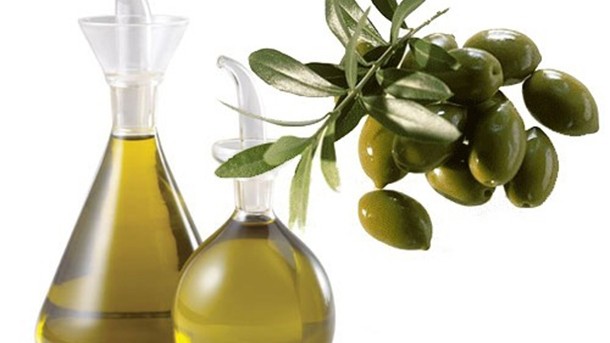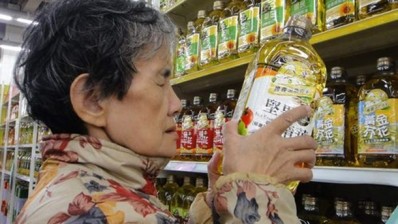Taiwan finds banned colouring agent in olive oil imports

According to a Food and Drug Administration statement, the regulator had found the banned colouring agent copper cholorophyllin in 12 imported oil products in the last month.
The FDA said that foreign manufacturers and exporters of these suspect olive and grape seed oils will now be required to present valid quality and safety documentation for the products or face seizures and inspections at port-of-entry.
European companies in crosshairs
The FDA said several of the eight olive oil products named came from Italy, while the remaining four products were grape seed oil from Spain, and that it had contacted those countries’ representative offices.
This comes right after government agencies raided the offices of Spanish company Vidoria, a supplier of grape seed oil to Taisun Enterprise and Fwusow Industry, from whom they had seized contaminated grape seed oil during factory inspections.
Both companies stated that they repackaged the oils imported from abroad and have not added any ingredients or otherwise altered the products.
So far, six companies have been identified as distributors for the oils containing copper cholorophyllin. Aside from Taisun and Fwusow, the others are Ting Hsin Oil and Fat Industrial, Formosa Oilseed Processing, Chang Chi Foodstuff and Shi Yuan Industrial.
More safety
The FDA announcements come a day after the country’s Financial Supervisory Commission said that large-scale inspections of Taiwan's listed food makers sould be carried out to make sure that they have been complying with food safety controls.
The commission said that the inspectors will complete their work before the end of this year under closed quarters. Potential violators will be given a deadline to improve; but if no improvement is seen, violators will be fined US$8,000-$80,000 and publicly named.











